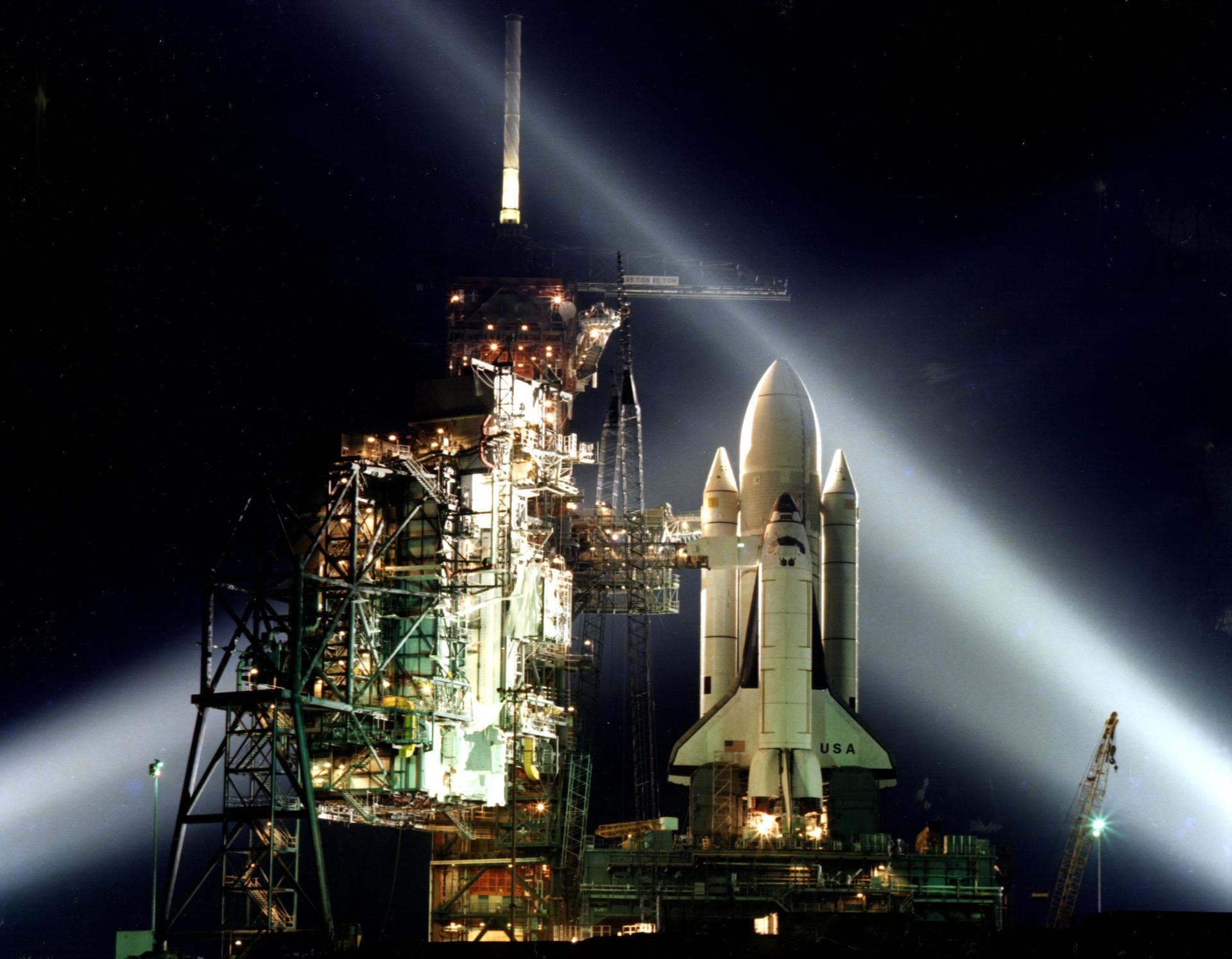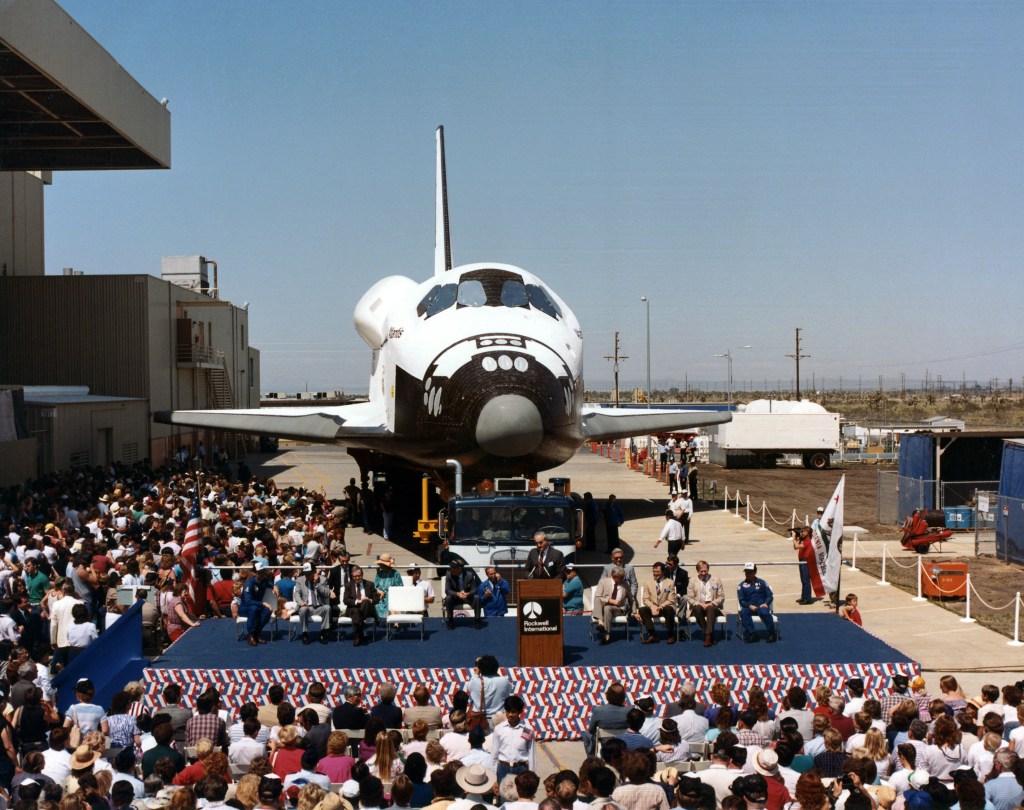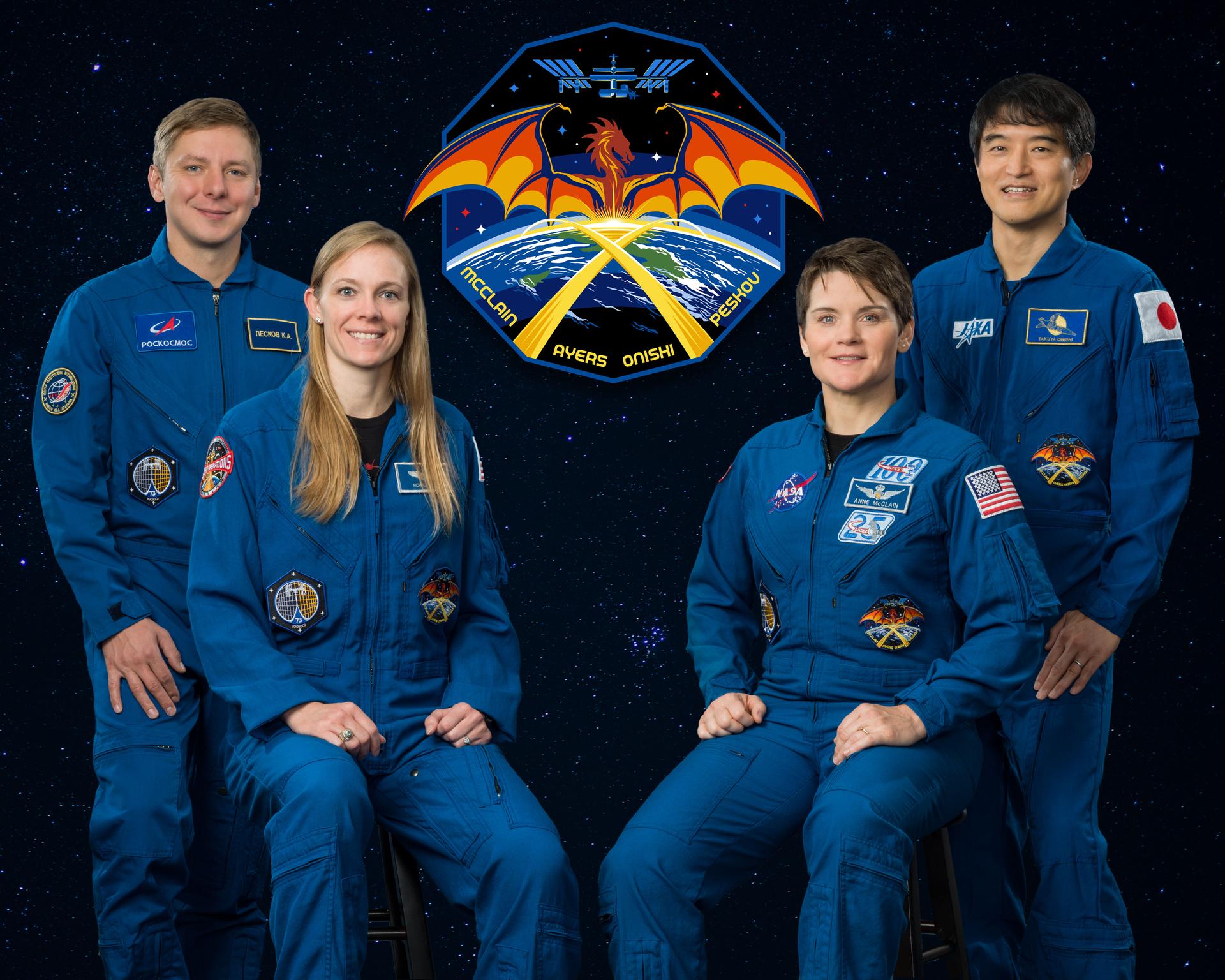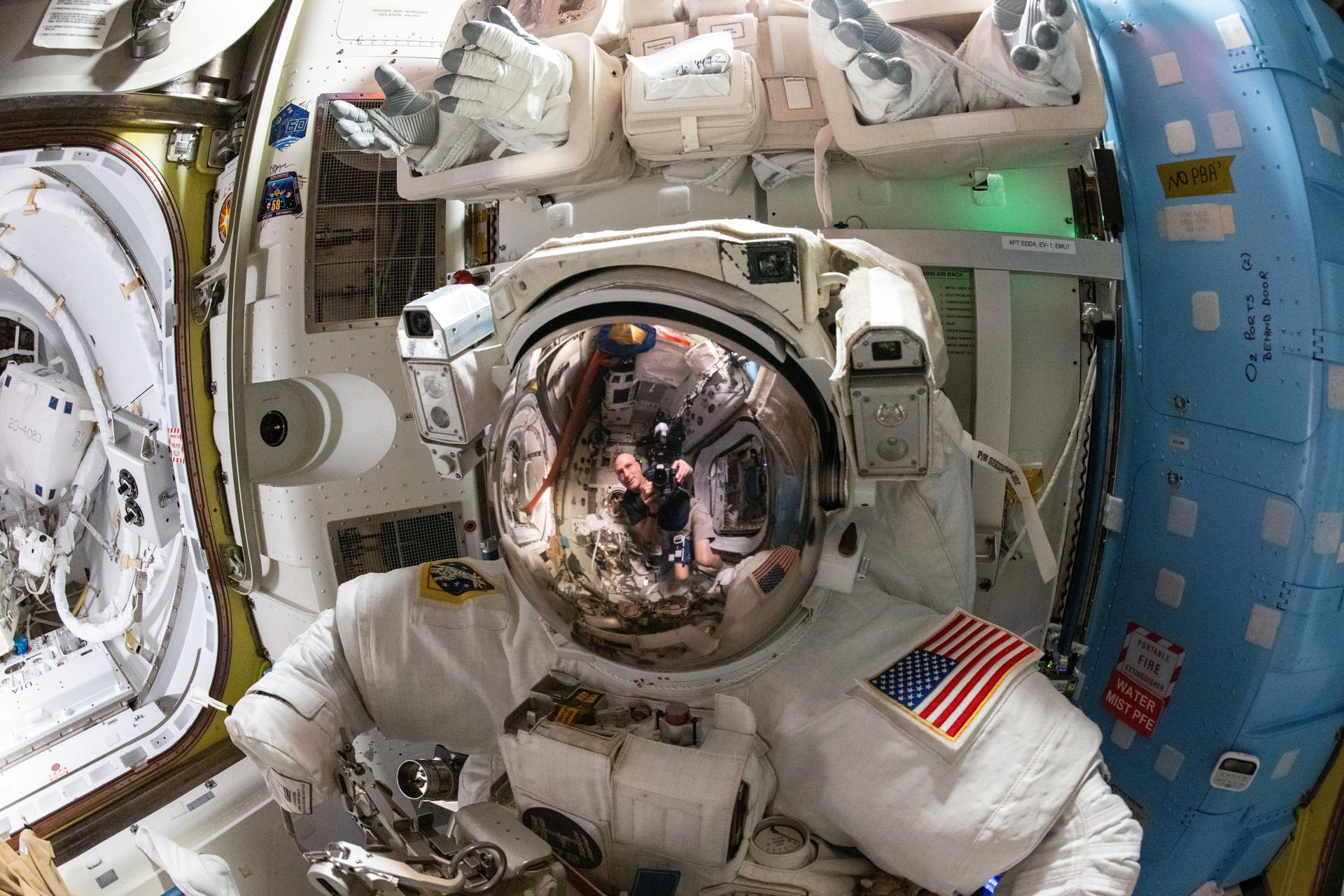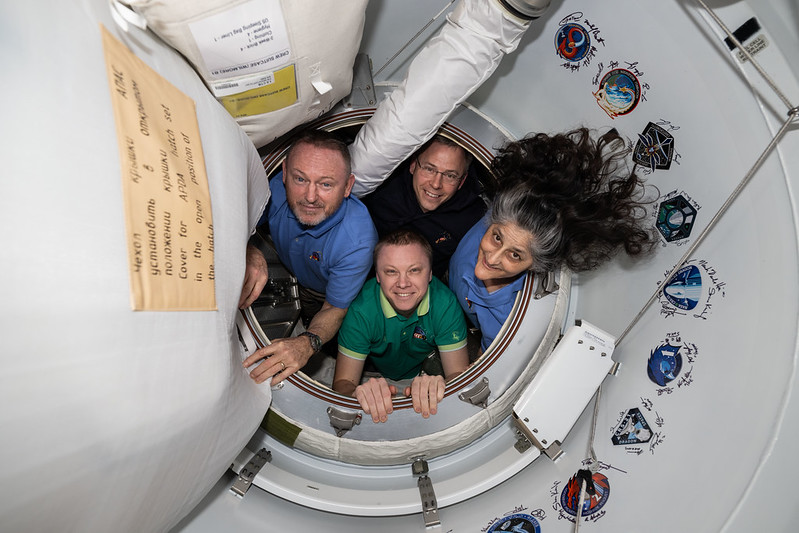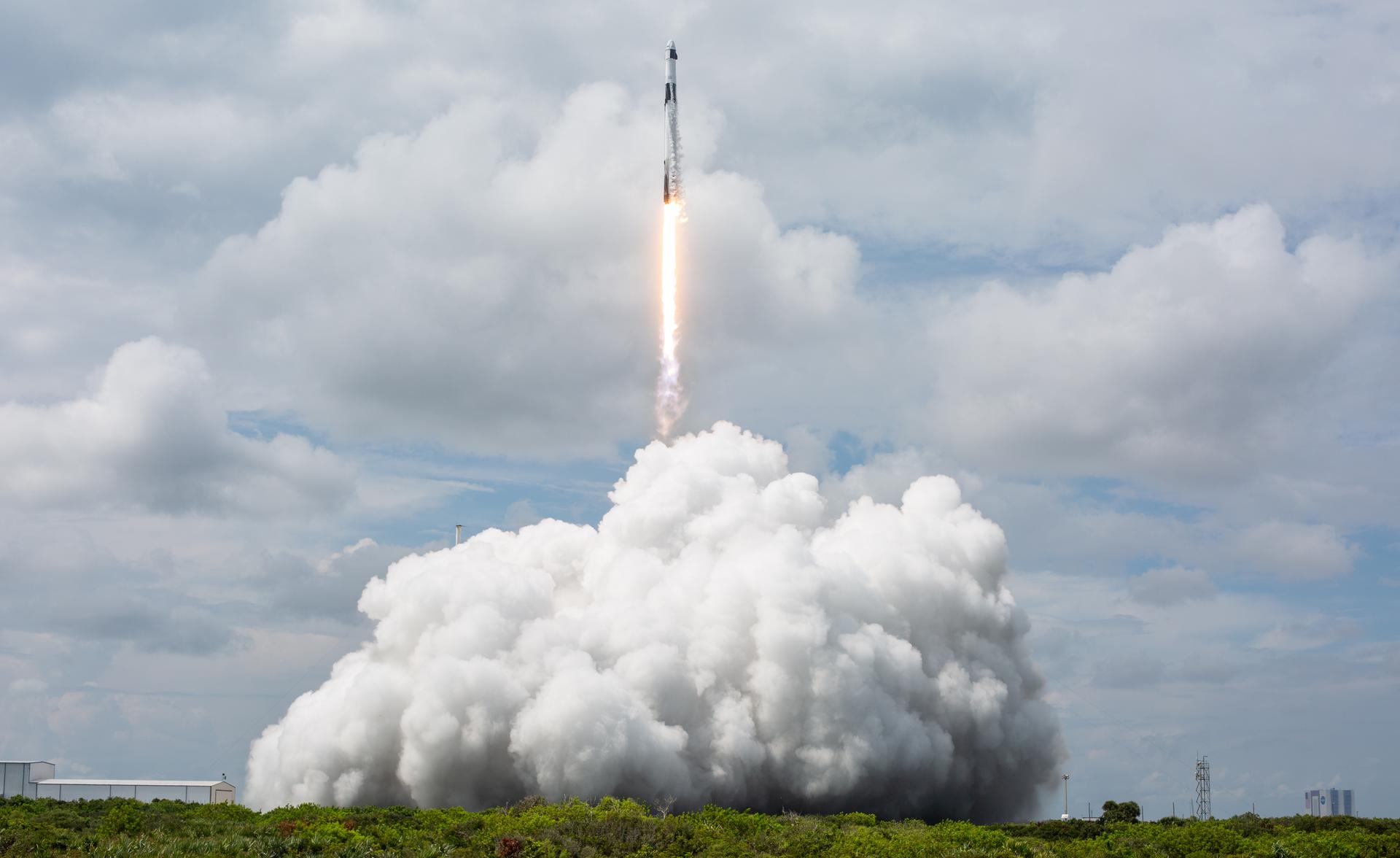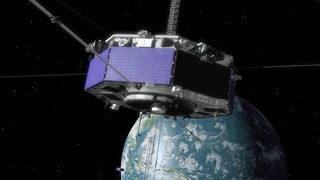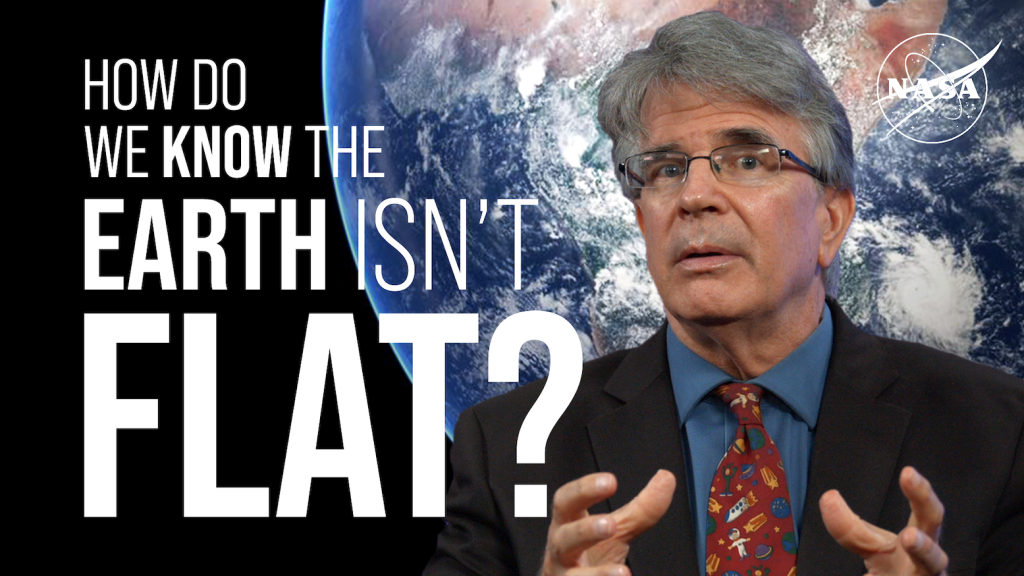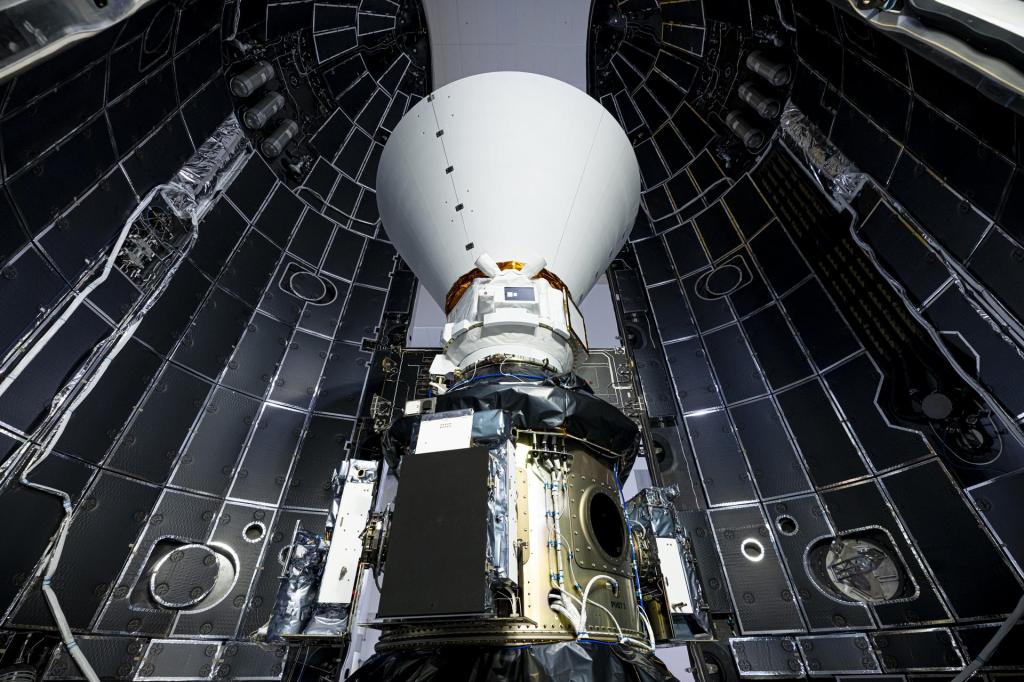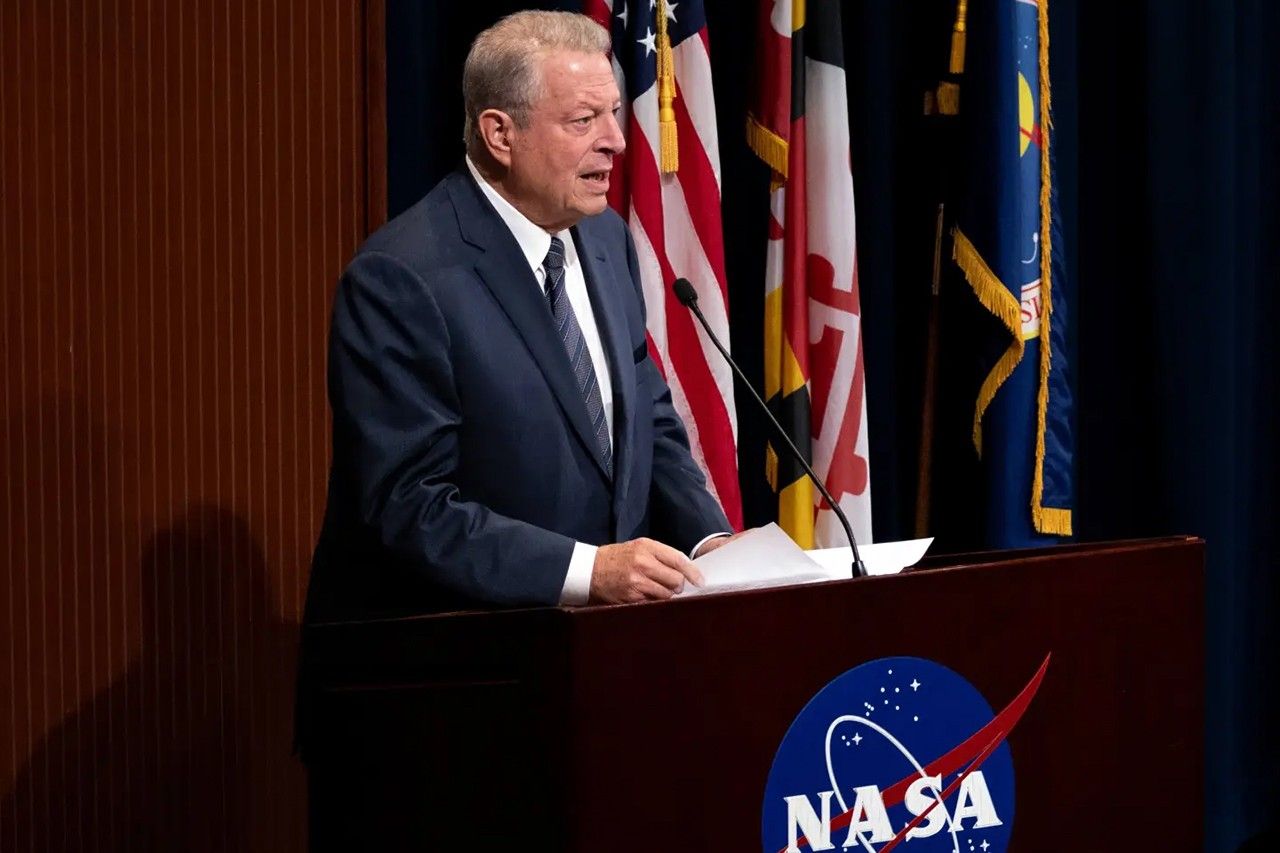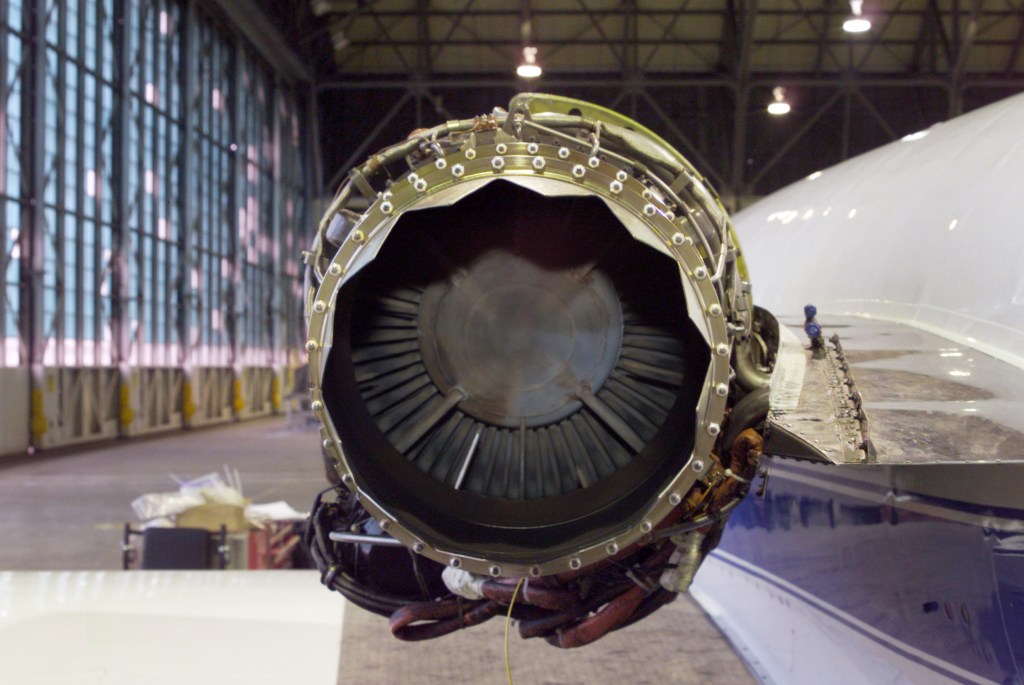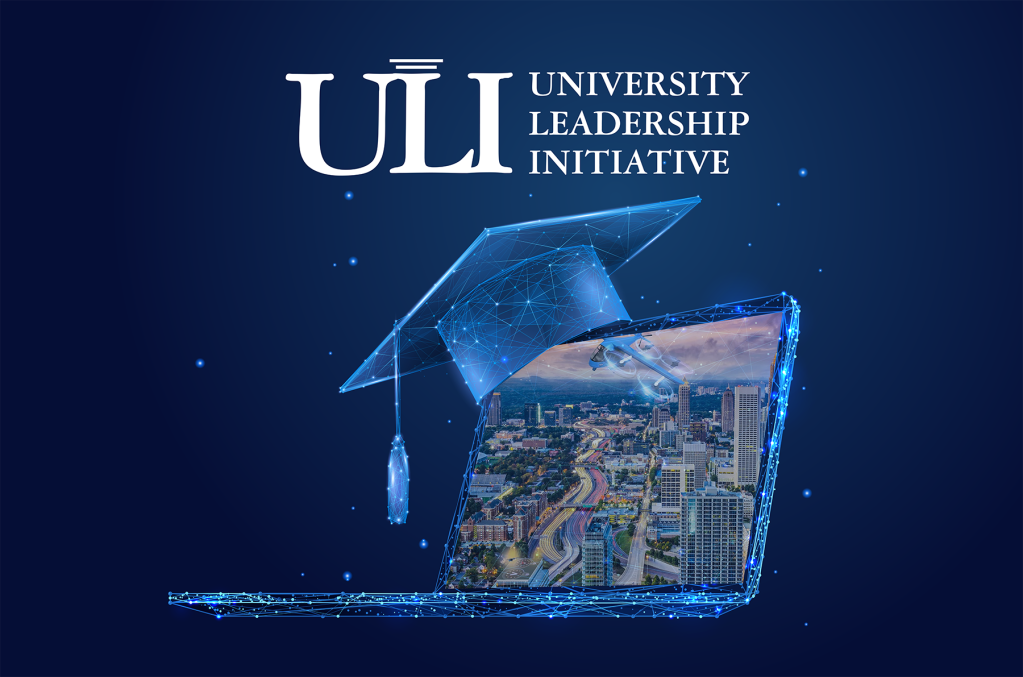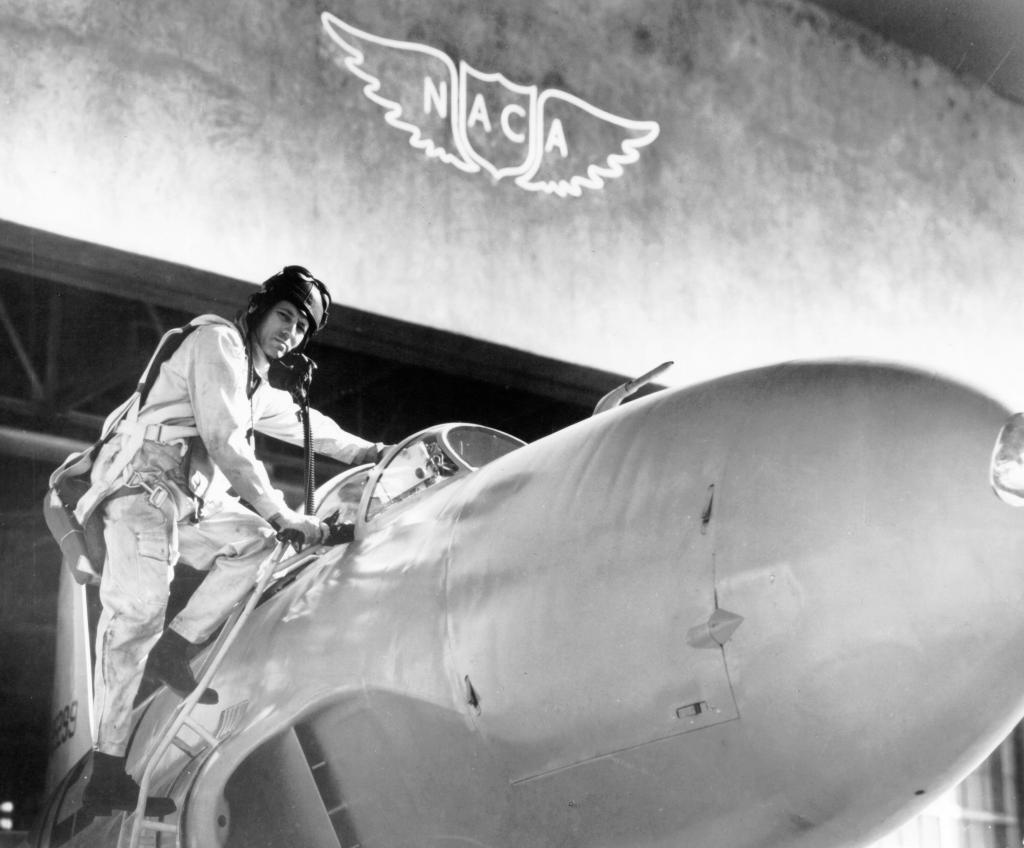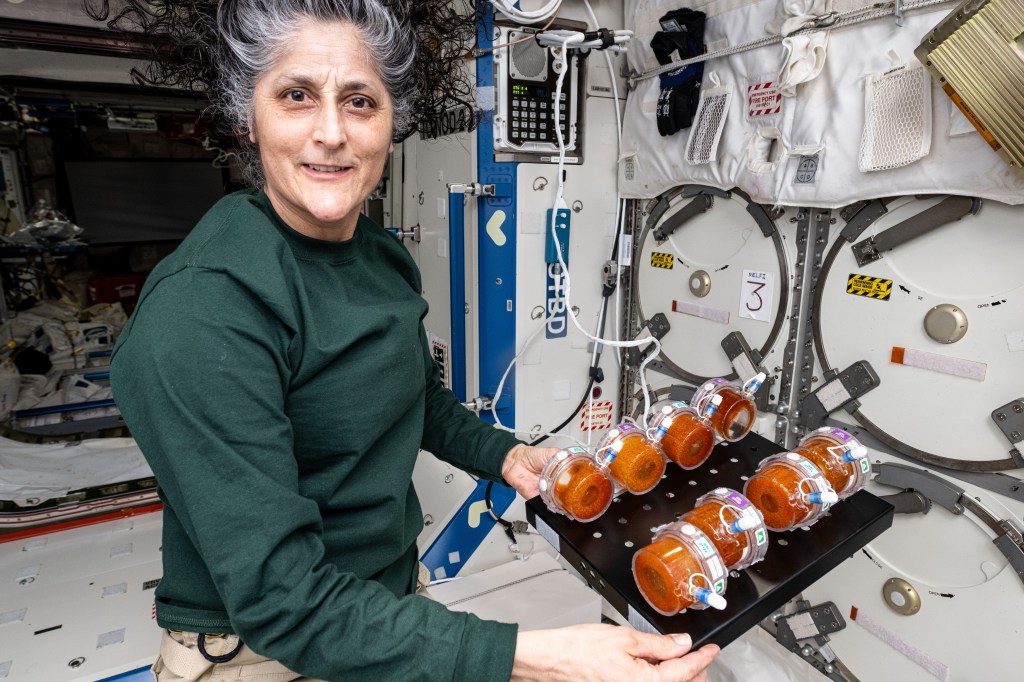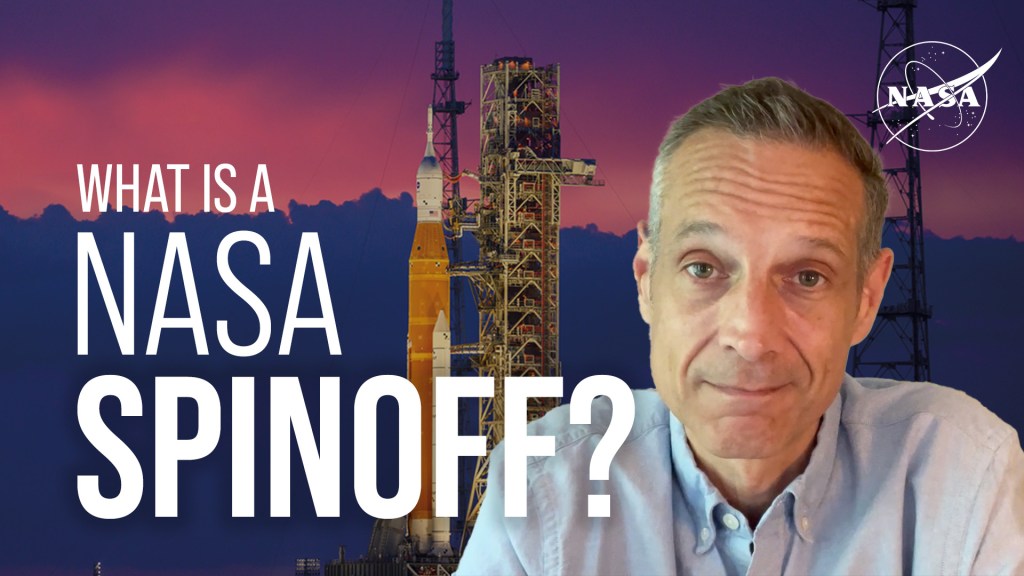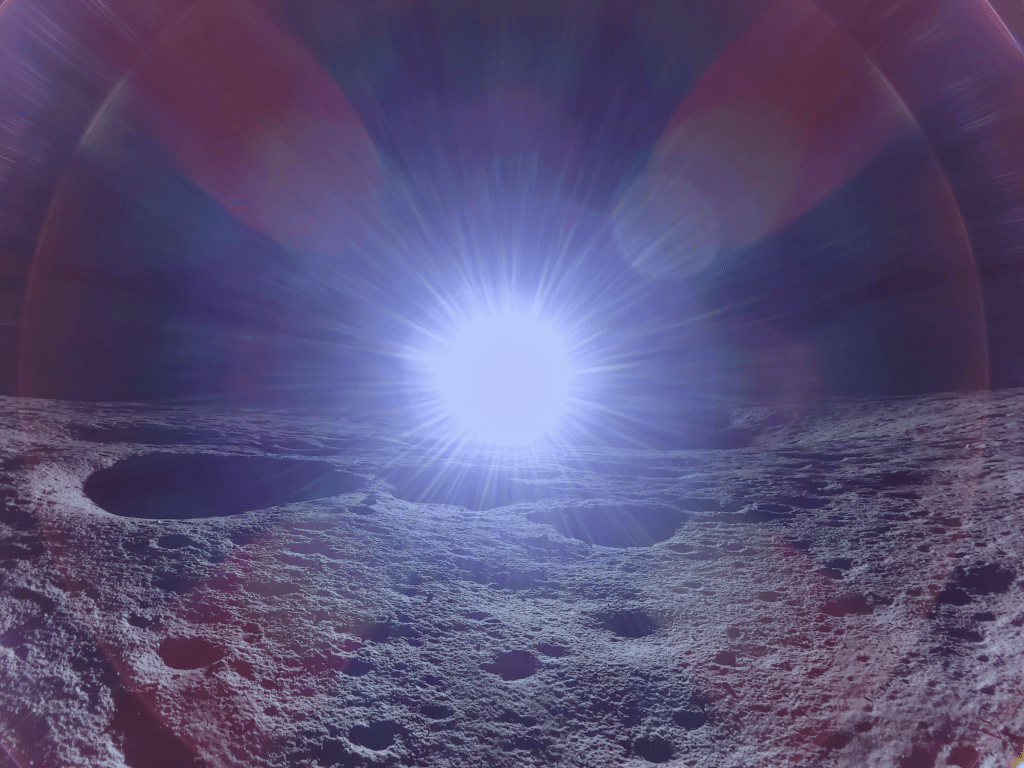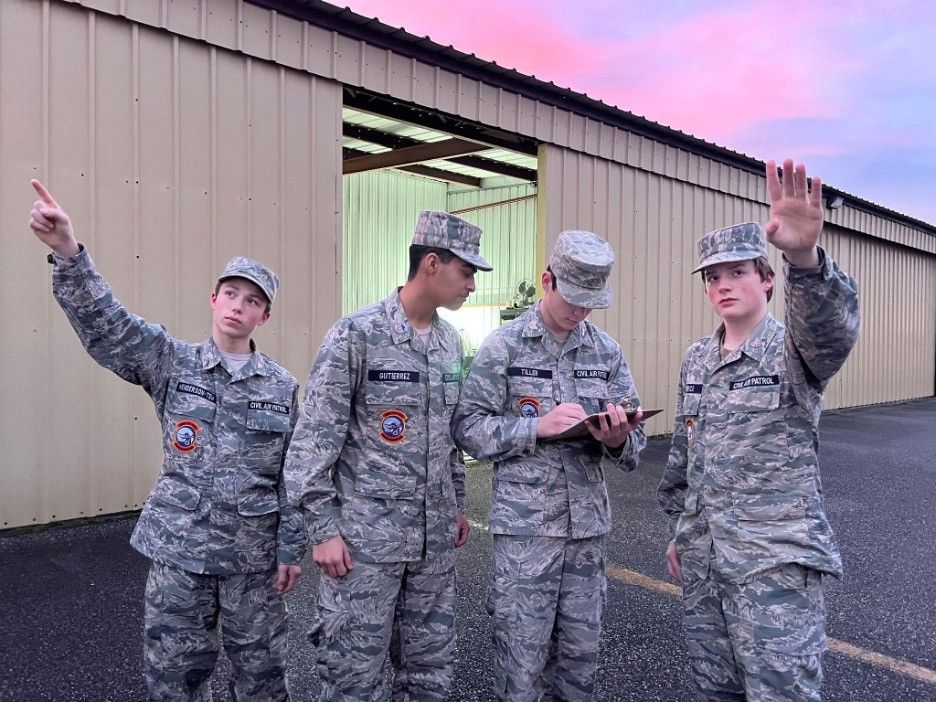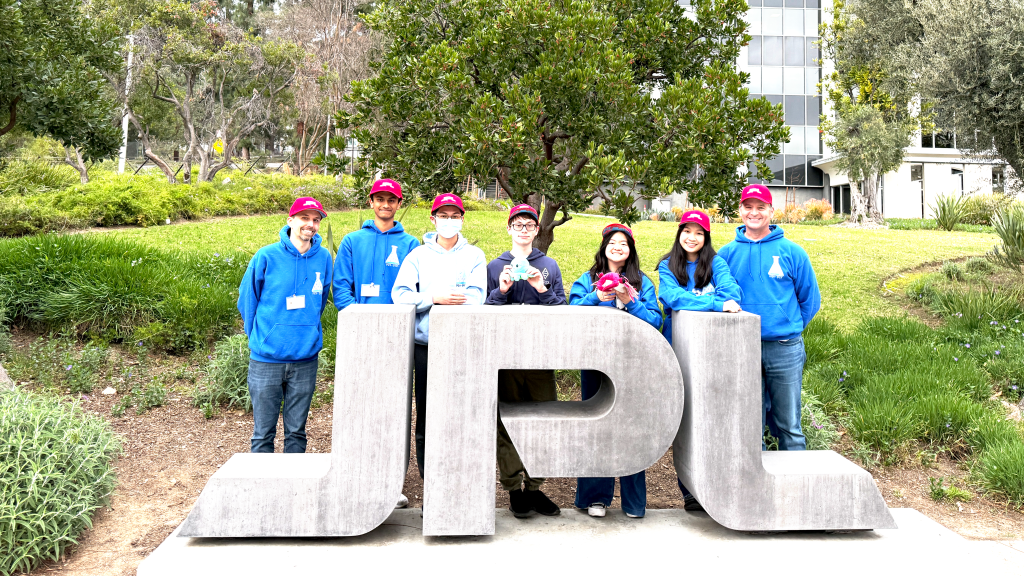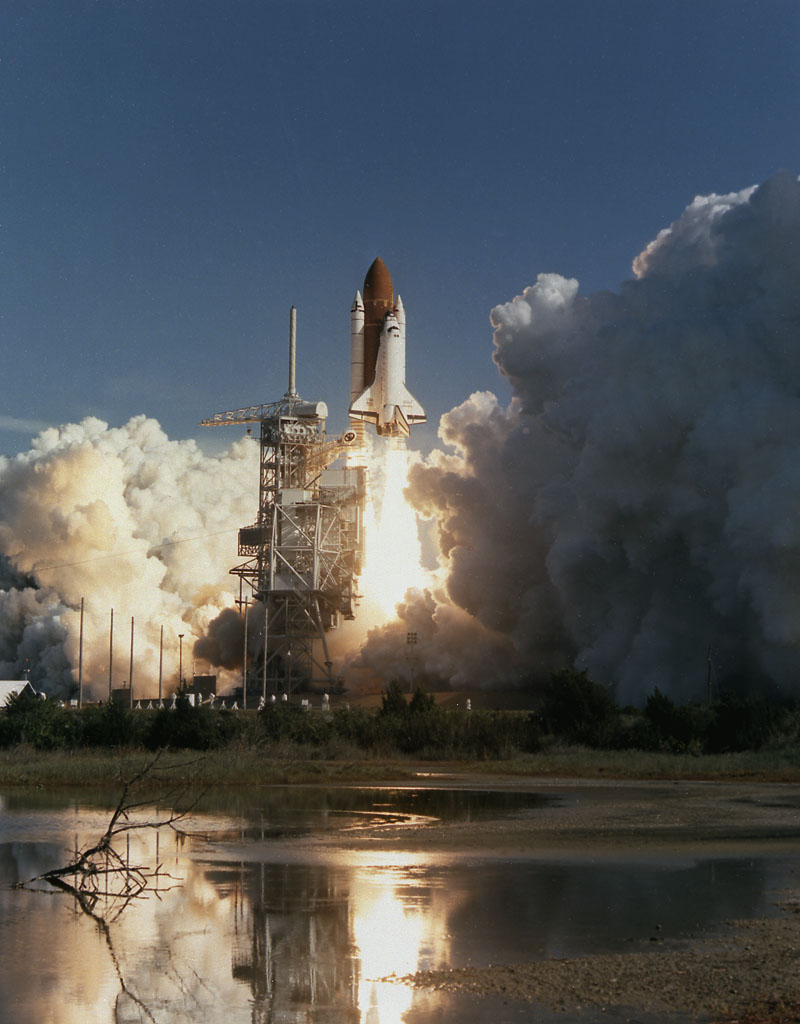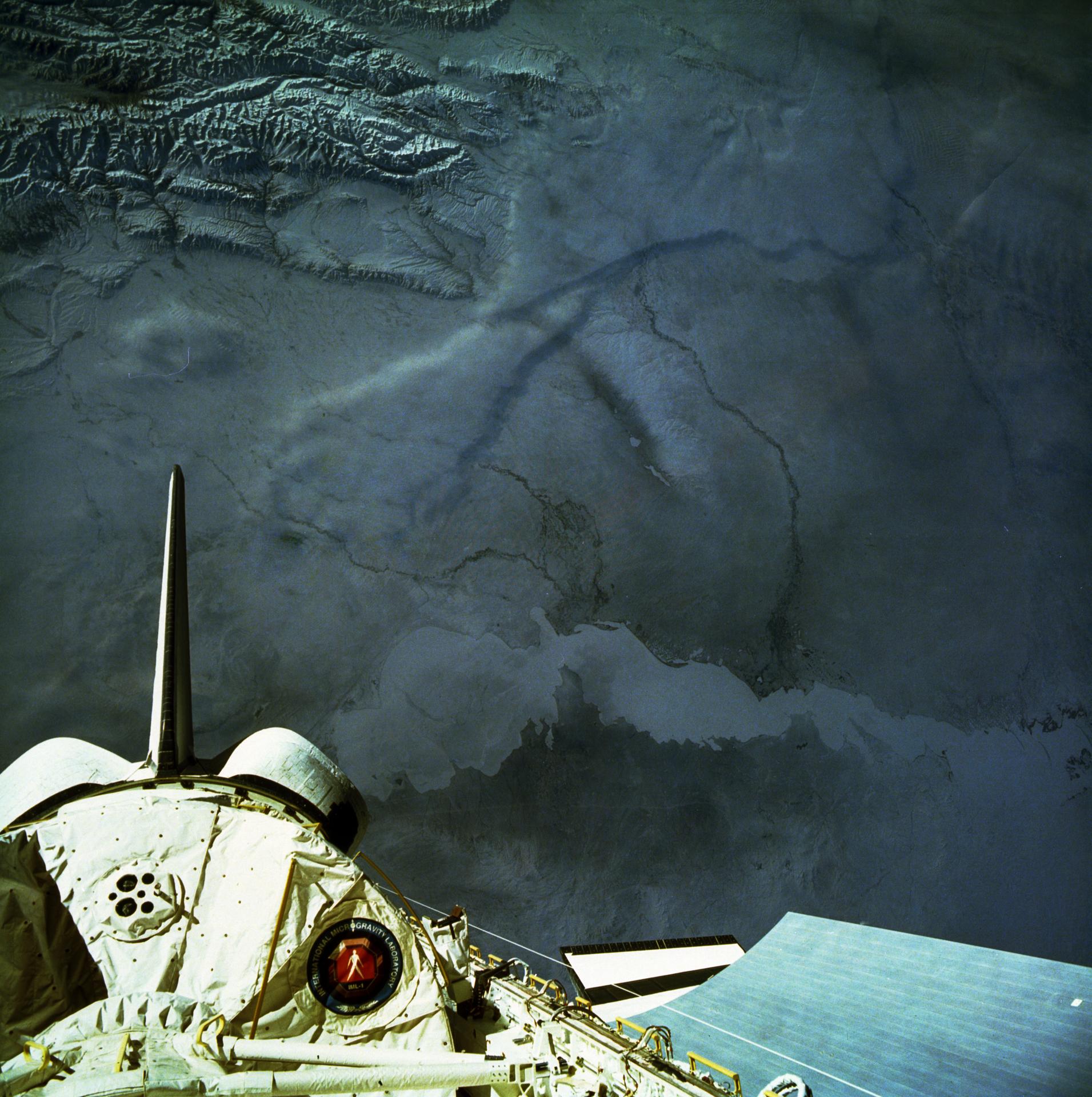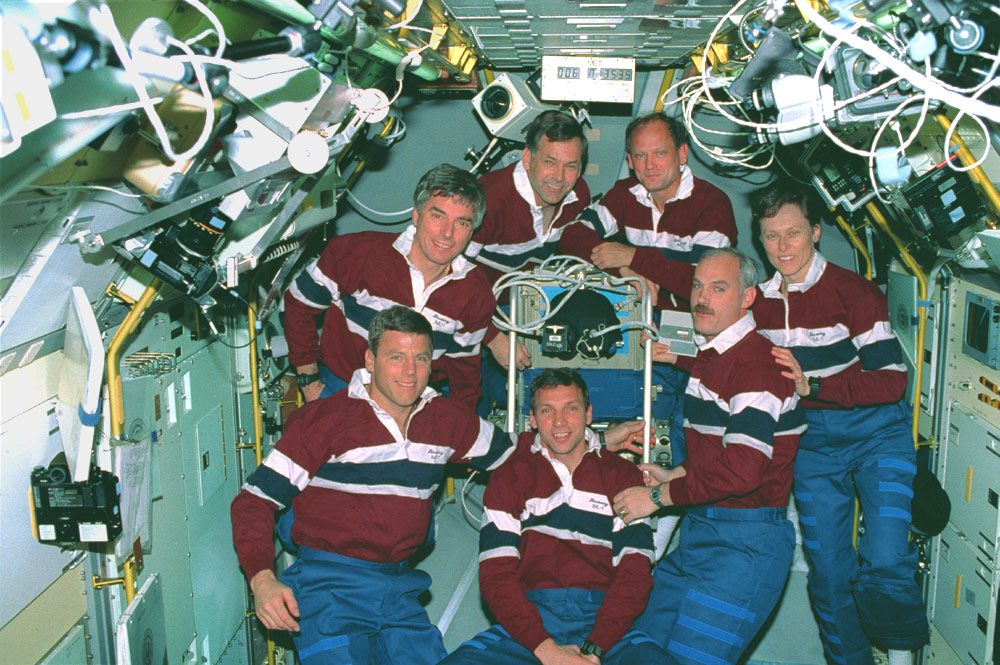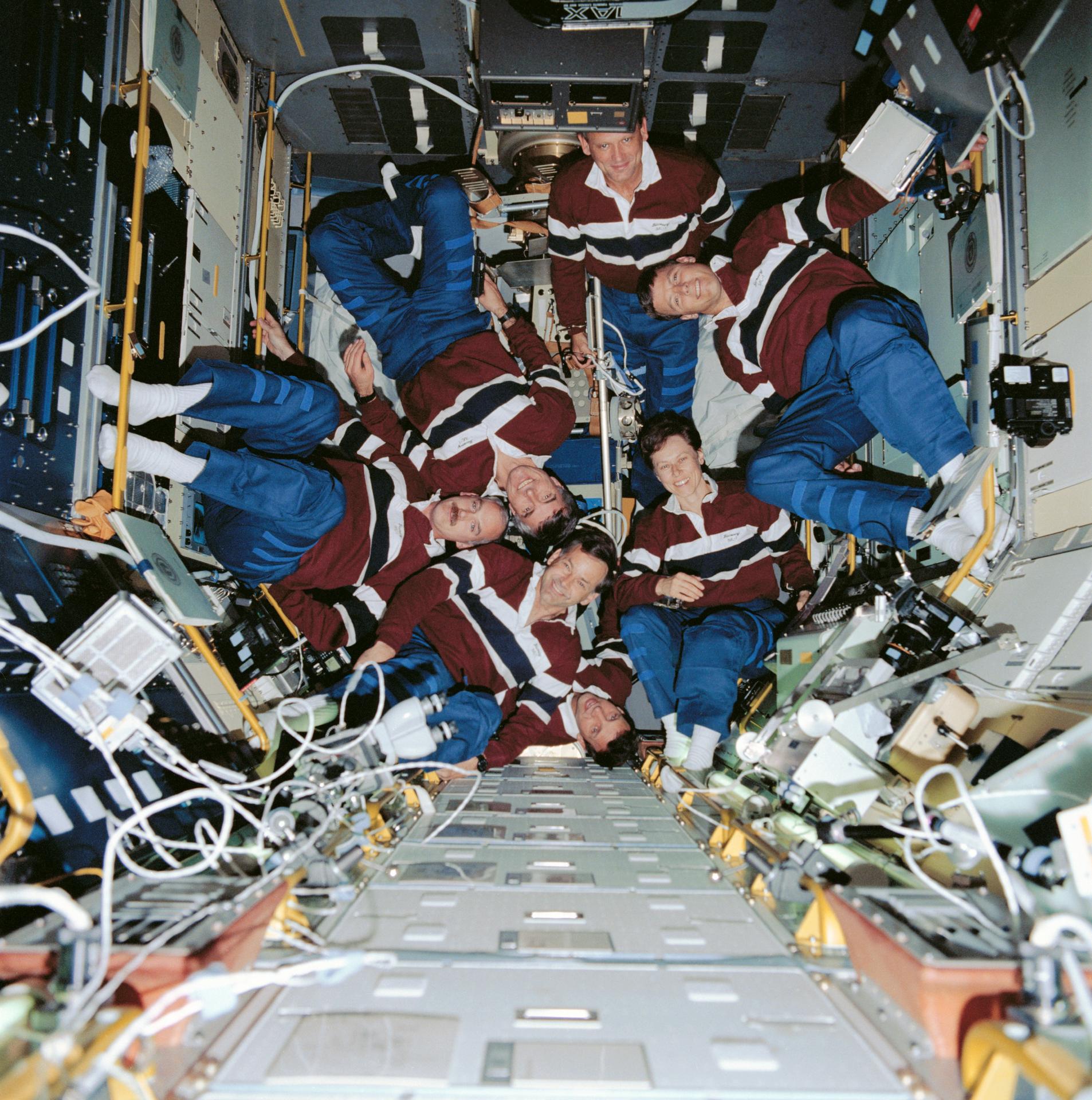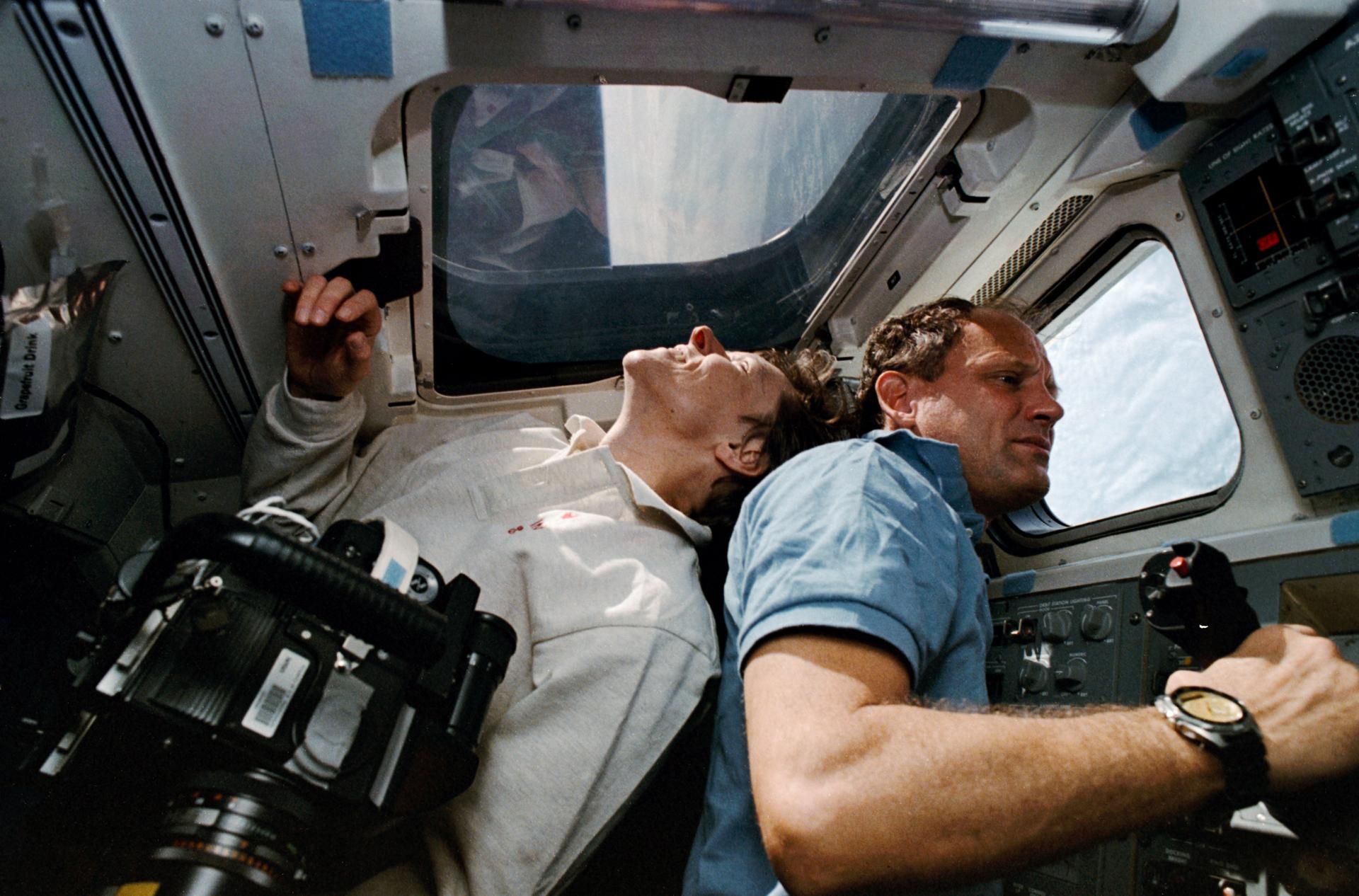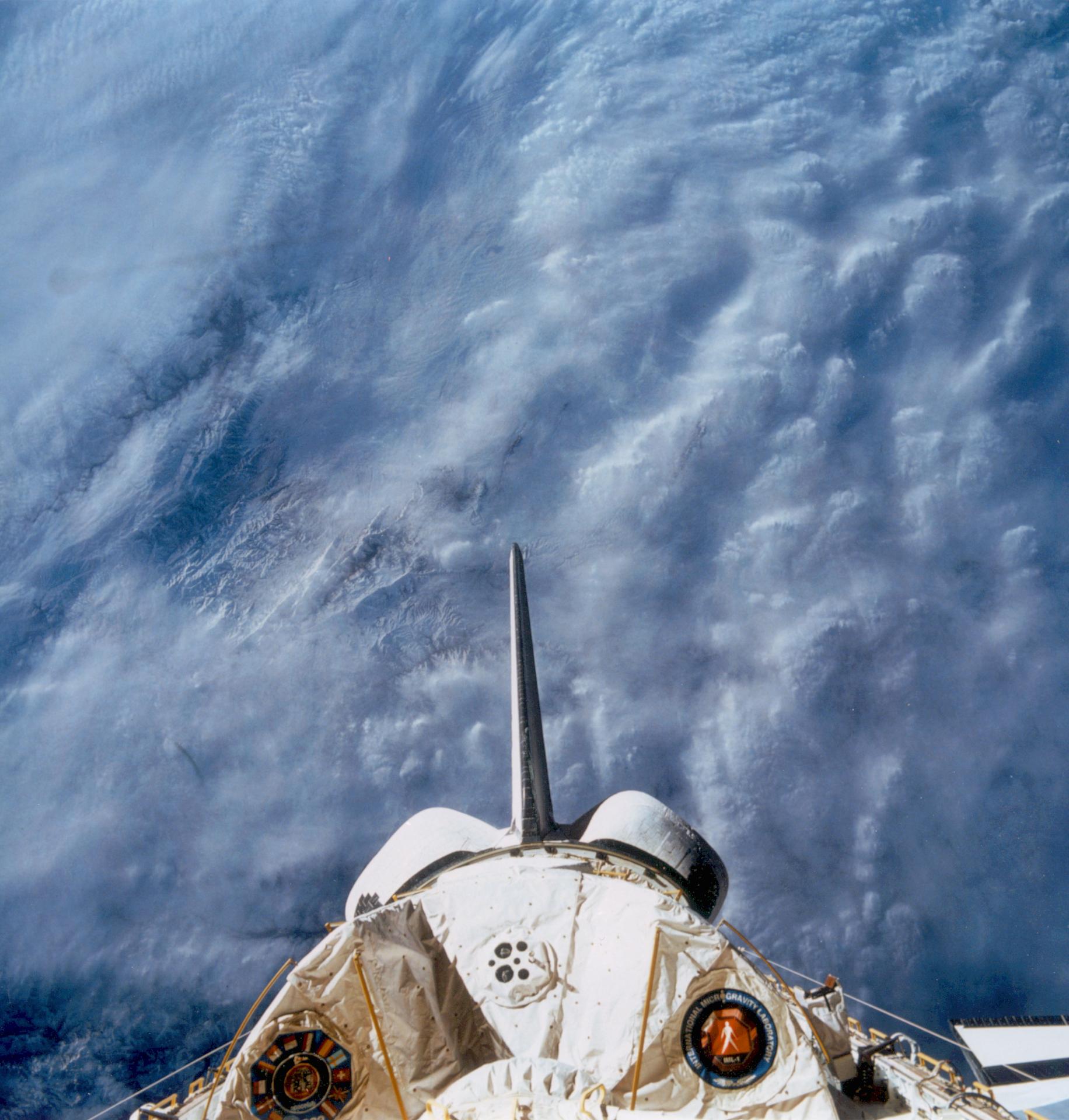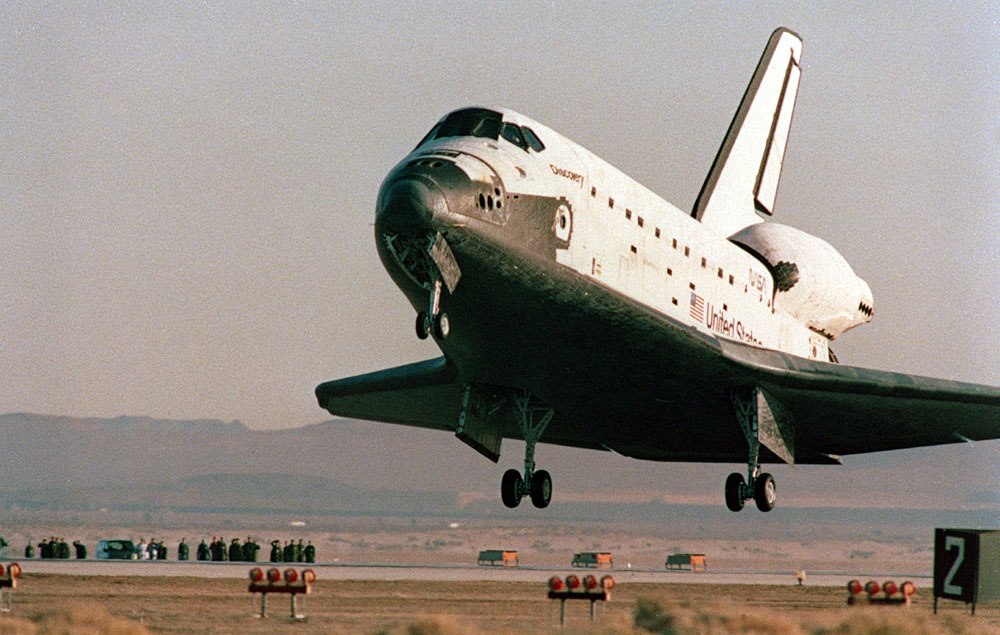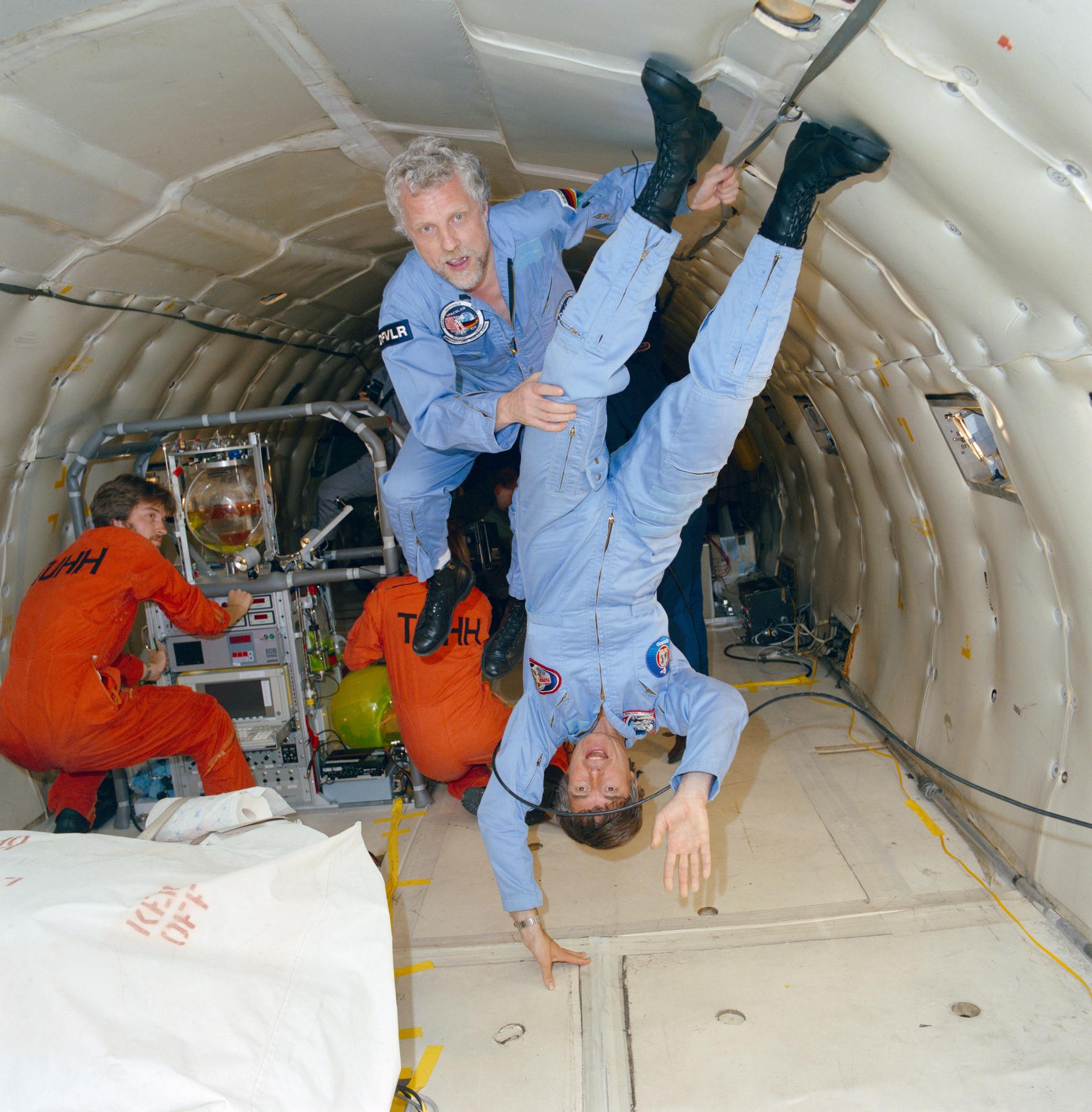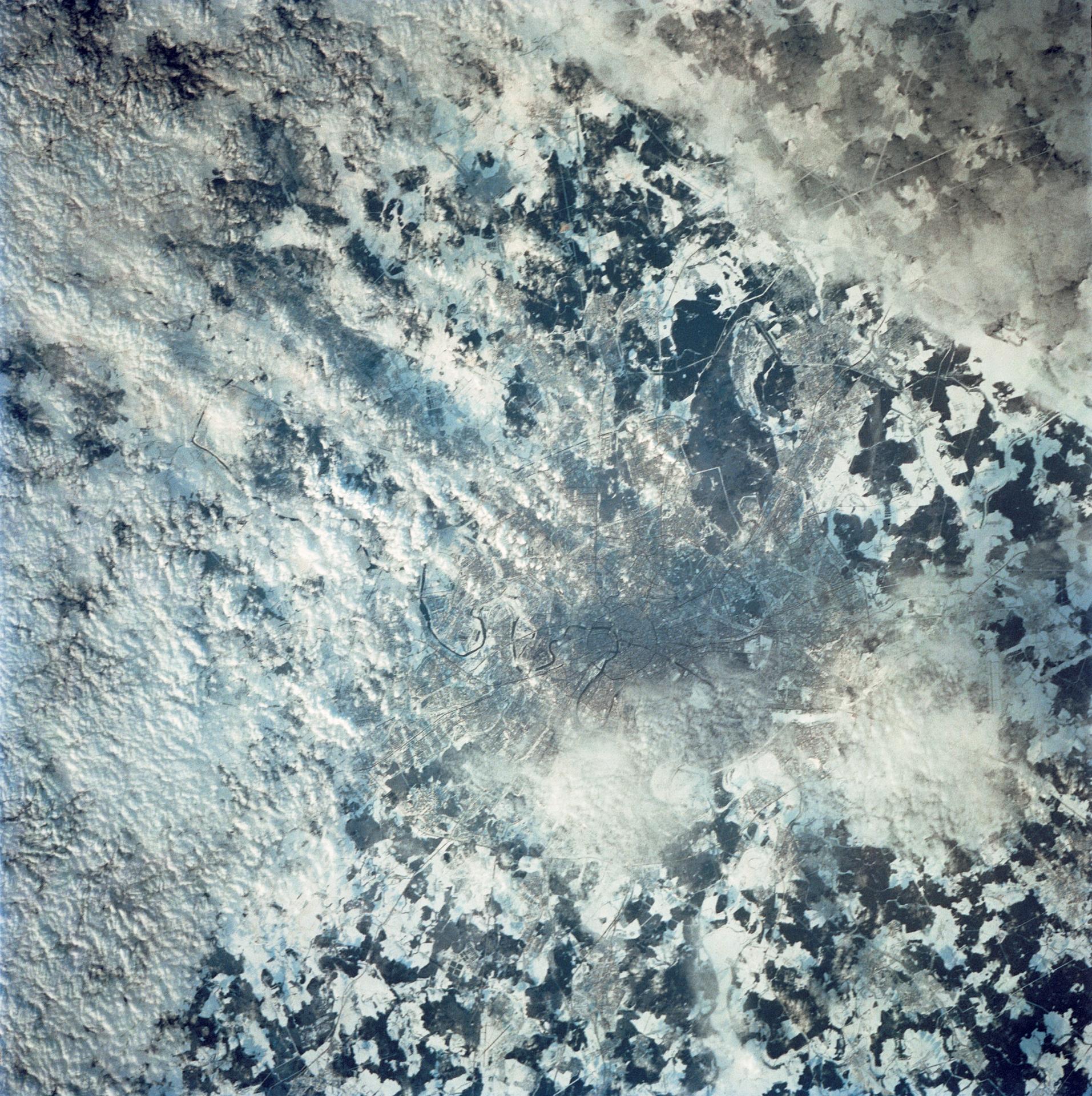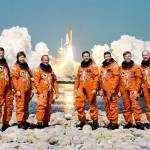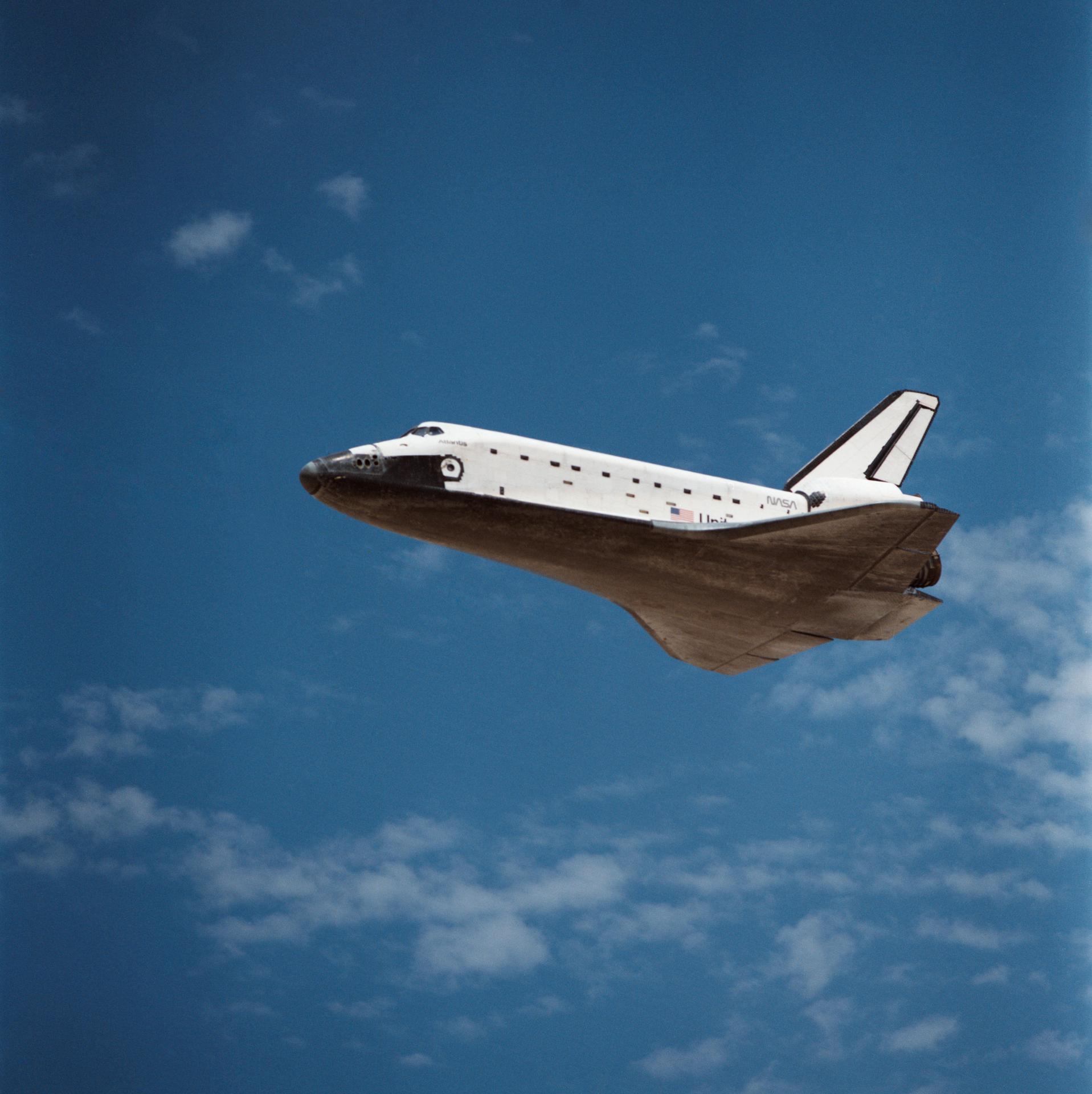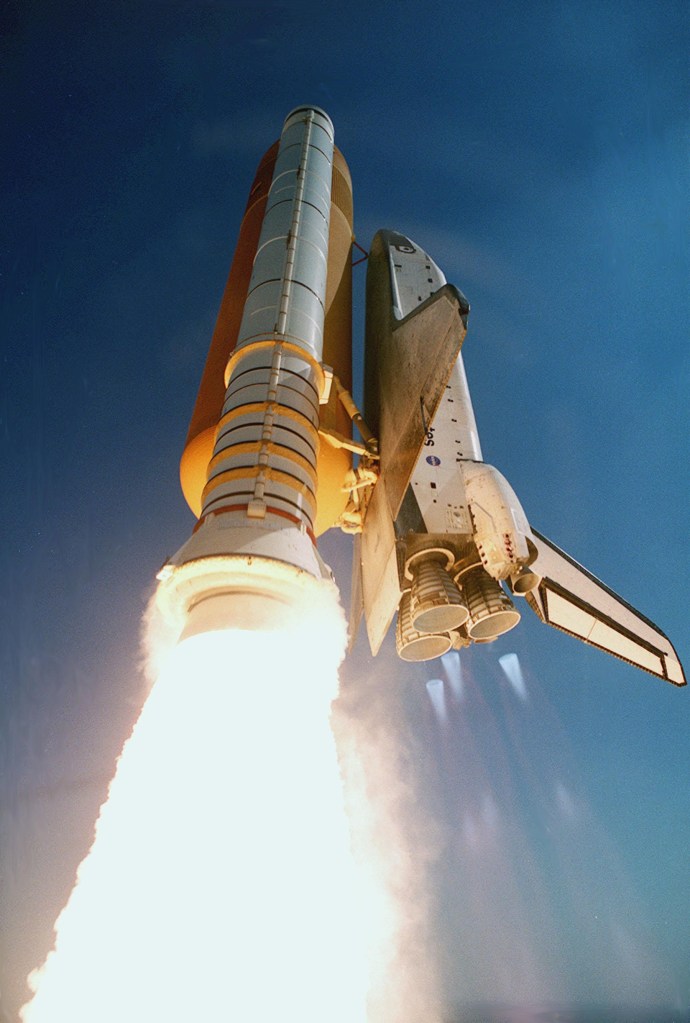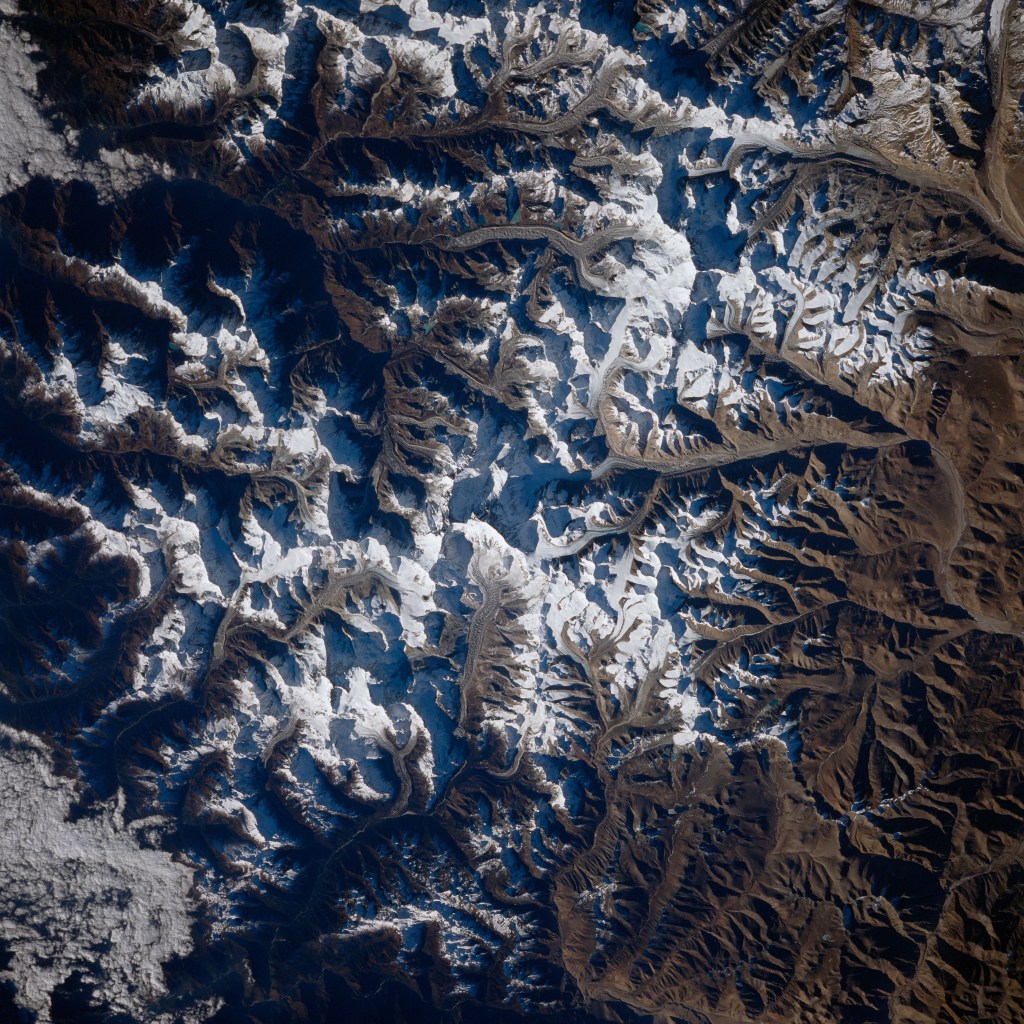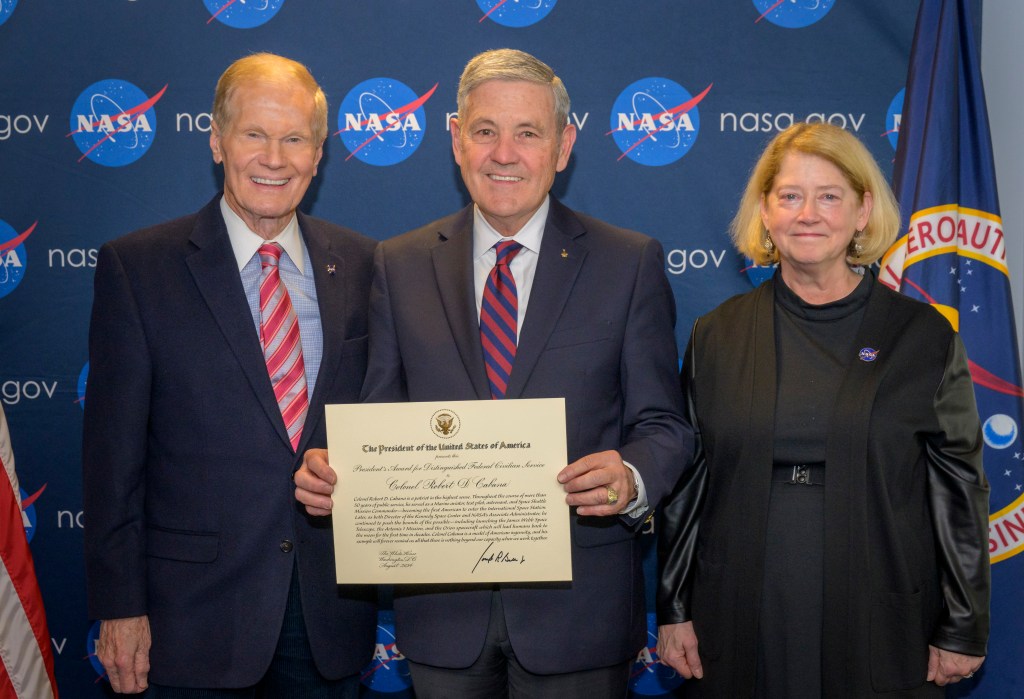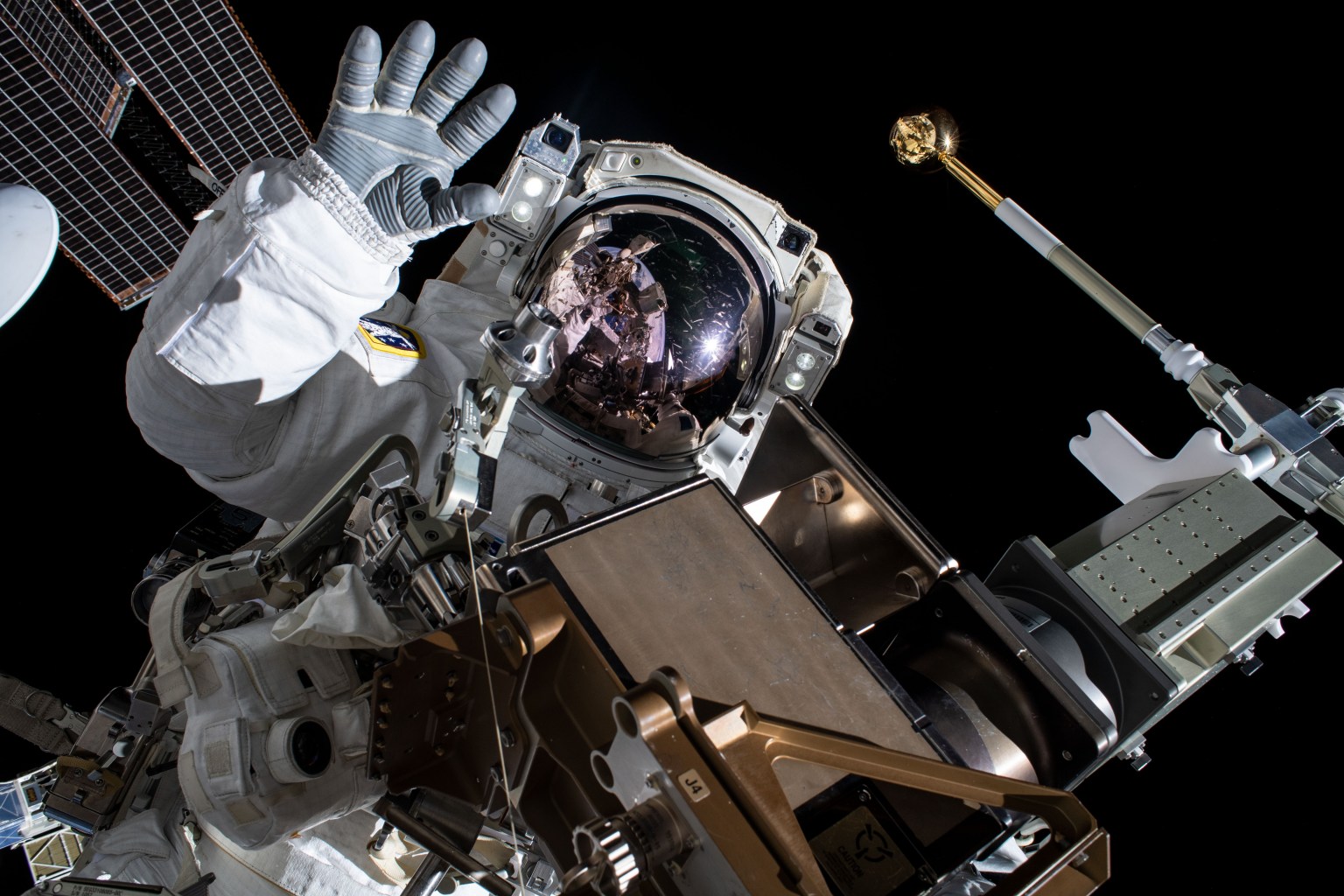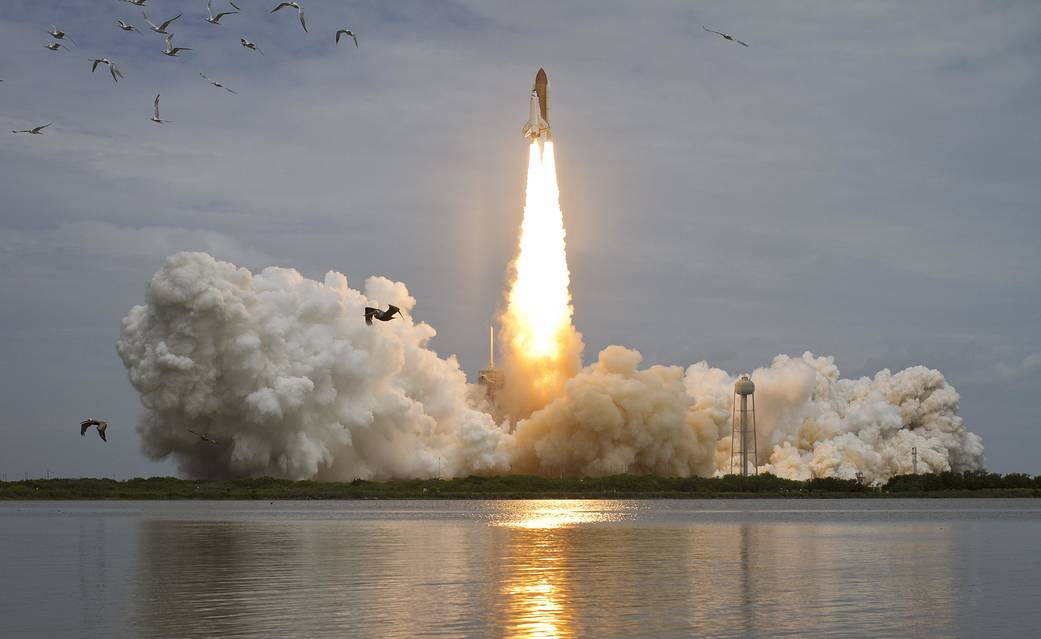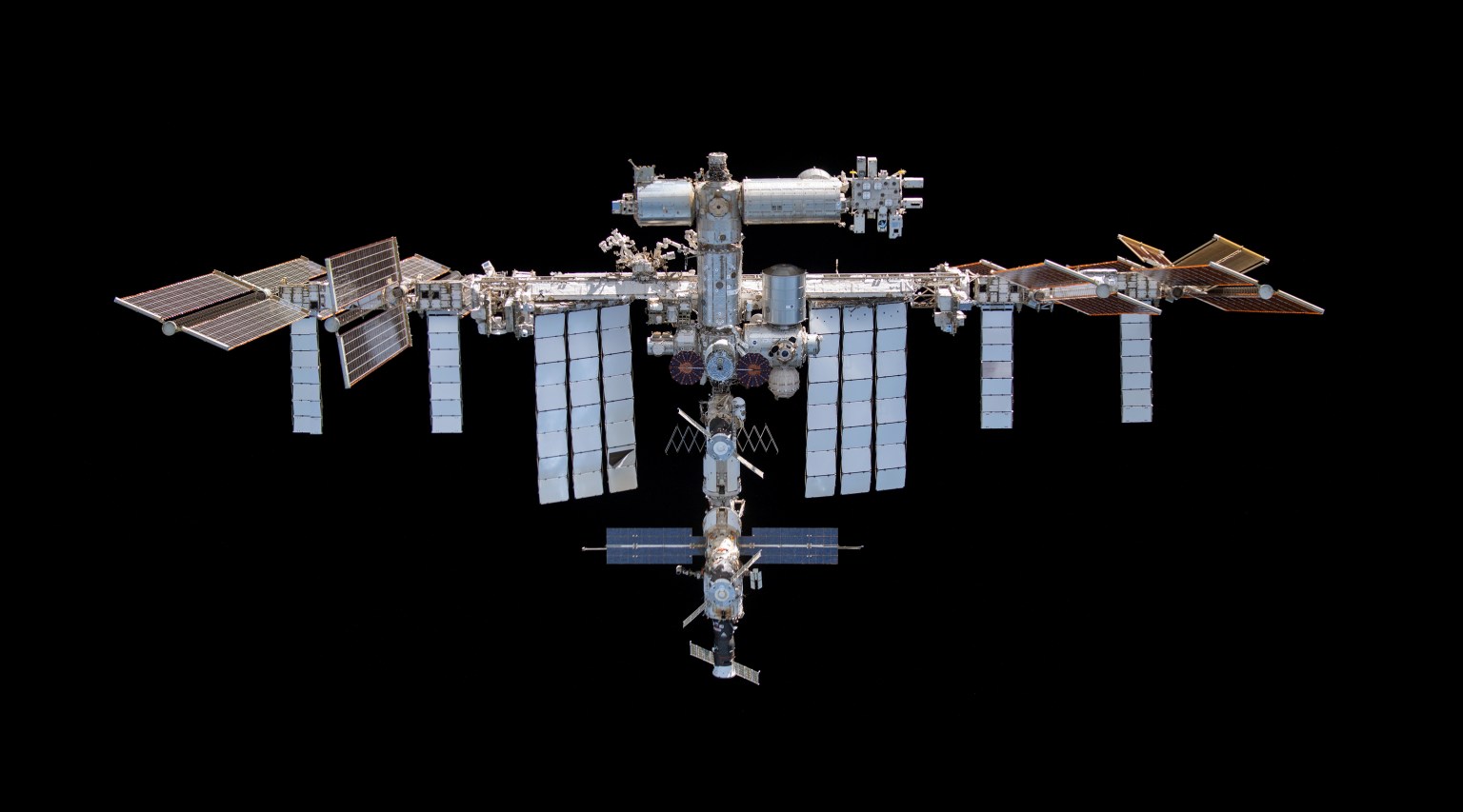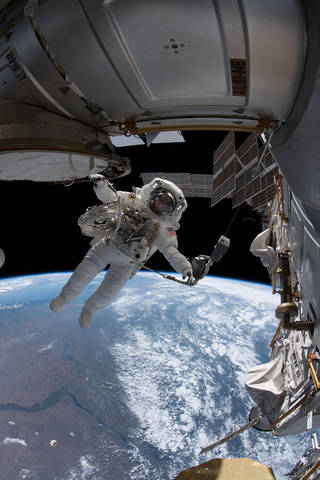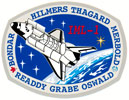
STS-42
The primary payload was the International Microgravity Laboratory-1 (IML-1), making its first flight and using the pressurized Spacelab module.
orbiter
mission duration
Launch
Landing
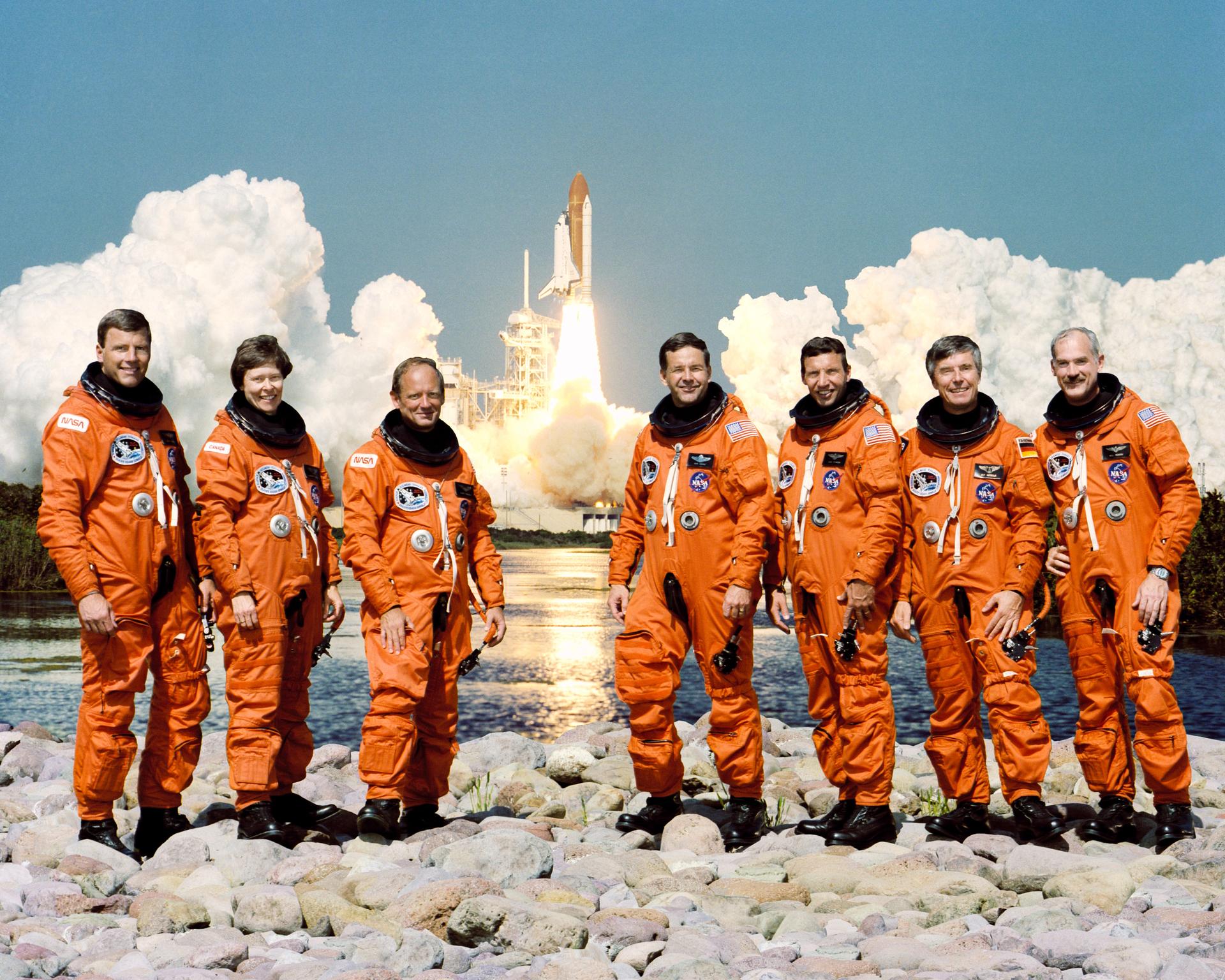
STS-42 Mission Facts
Mission: IML-1
Space Shuttle: Discovery
Launch Pad: 39A
Launch Weight: 243,396 pounds
Launched: January 22, 1992, 9:52:33 a.m. EST
Landing Site: Edwards Air Force Base, Calif.
Landing: January 30, 1992, 8:07:17 a.m. PST
Landing Weight: 1,218,016 pounds
Runway: 22
Rollout Distance: 9,841 feet
Rollout Time: 58 seconds
Revolution: 129
Mission Duration: 8 days, 1 hour, 14 minutes, 44 seconds
Returned to KSC: February 16, 1992
Orbit Altitude: 163 nautical miles
Orbit Inclination: 57 degrees
Miles Traveled: 2.9 million
Crew
Ronald J. Grabe, Commander
Stephen S. Oswald, Pilot
Norman E. Thagard, Mission Specialist
David C. Hilmers, Mission Specialist
William F. Readdy, Mission Specialist
Roberta L. Bondar, Payload Specialist
Ulf D. Merbold, Payload Specialist
Mission Highlights
The primary payload was the International Microgravity Laboratory-1 (IML-1), making its first flight and using the pressurized Spacelab module. The International crew was divided into two teams for around-the-clock research on the human nervous system’s adaptation to low gravity and the effects of microgravity on other life forms such as shrimp eggs, lentil seedlings, fruit fly eggs, and bacteria. Materials processing experiments were also conducted, including crystal growth from variety of substances such as enzymes, mercury iodide and a virus. On flight day six, mission managers concluded enough onboard consumables remained to extend the mission one day to continue science experiments.
Secondary payloads were: 12 Get Away Special (GAS) canisters attached to a GAS Bridge Assembly in the cargo bay and containing a variety of U.S. and international experiments.
In middeck: Gelation of Sols: Applied Microgravity Research-1 (GOSAMR-1); IMAX camera; Investigations into Polymer Membrane Processing (IPMP); Radiation Monitoring Experiment III (RME III); and two Shuttle Student Involvement Program (SSIP) experiments.
STS-42
Shuttle News
Retired Space Shuttle Locations
Shuttle Atlantis – Kennedy Space Center Visitor Complex Shuttle Discovery – Steven F. Udvar-Hazy Center Shuttle Endeavour – California Science…
Read the Story